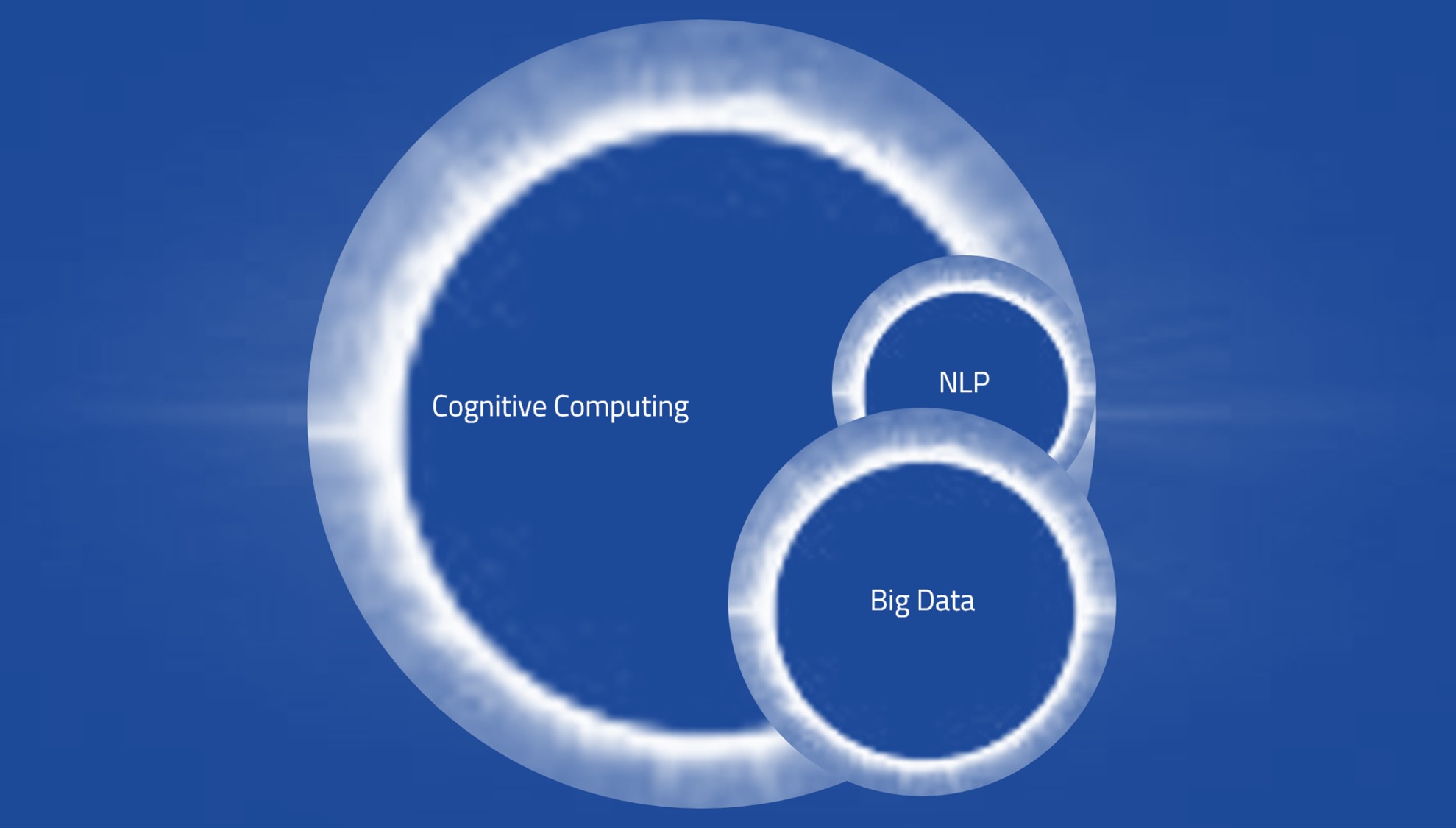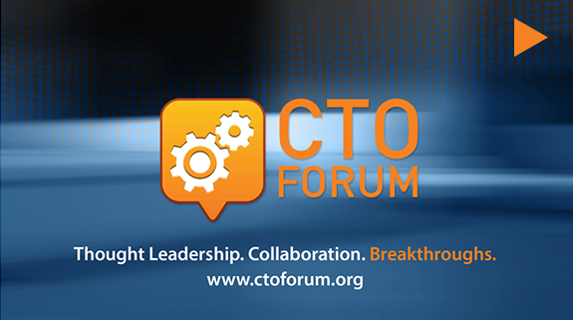
IBM is spending $1 billion on Watson, has pretty much coined the word Cognitive Computing and has hinged its future to it. It has become its highest priority with simply too much pressure to perform. At the same time revenue is not scaling enough to be reported independently. Multiple other cognitive computing vendors big or small claim the moon, yet there are very few actually successful use cases.
It makes everyone wonder if Cognitive Computing is a tad hyped, or whether it has a serious future. We think Yes. And Yes. Yes cognitive computing is over-hyped by vendors, most notably IBM, and yes, it has a serious future.
The Problem
Cognitive computing vendors have boxed themselves in a corner for three reasons:
- Mismatched sales process: Inherently cognitive computing is a probabilistic science. You can get very close to it (some of Coseer's systems operate at 98% recall, 96% precision), but its impossible to get 100% accurate answers. It is unclear if traditional companies' salesforce gets that. They are used to selling deterministic products, where if the answer is not accurate, something must be broken. Similarly the CIOs don't know how to evaluate cognitive computing solutions. As a result the sales people to CIOs, and CIOs to the management teams, promises of great performance and accuracy are made but not kept. I have written about this issue in another blog.
- Replacing humans vs. supplementing them: Marketing related to Cognitive Computing comes with the subtext that these systems will replace humans and lead to massive cost savings, ignoring the fact that the accuracy is not 100%. Few business managers hire people who are not consistent, let alone buying an inconsistent machine. People still don’t trust black-boxes. They need to see the audit trails on how decisions were made, something most AI technologies cannot furnish.
- Too smart for its own good: One way to improve accuracy of cognitive computing systems is to train them specifically for one application in one sector. Coseer, for example, trains its platform specifically for every situation. IBM does too, but compared to a tactical cognitive computing platform like Coseer, Watson at times takes years to train. The true cost of these systems is the time of customer personnel involved in training, and this delay leads to a lot of frustration.
The Promise
None of the above takes away from the fact that cognitive computing is an awesome technology (or set of technologies) which will change the world. At Coseer we believe in a future where humans focus on creativity and judgment, while cognitive technology takes care of everything routine. The current problems are either business model related, or related to accuracy, both of which will be fixed in very short order by IBM, Coseer and/or other players.
For example, already IBM and Microsoft are pushing an ISV strategy, where they provide their technology to startups building up point solutions. While any cross-section of an application and a sector may not be attractive to an IBM, this way the startups bear all the cost of training, and are happy to address small markets. Similarly, IBM Global Services is already bundling in Watson to routine BPO contracts as a differentiator against other BPO/ KPO players who don’t have such technology.
The current problems are either business model related, or related to accuracy, both of which will be fixed in very short order.
On the other hand Coseer's tactical cognitive computing platform designs bespoke models for each customer ensuring 95%+ accuracy, makes decisions transparent, and works with system integrator partners to minimize time to deployment.
A lot is afoot. As we commented in this interview, hundreds of billions of dollars will change hands figuring these things out, but figure we will.






















